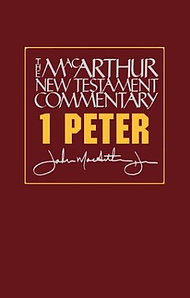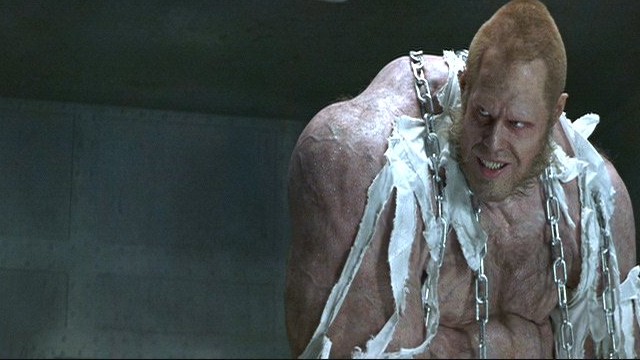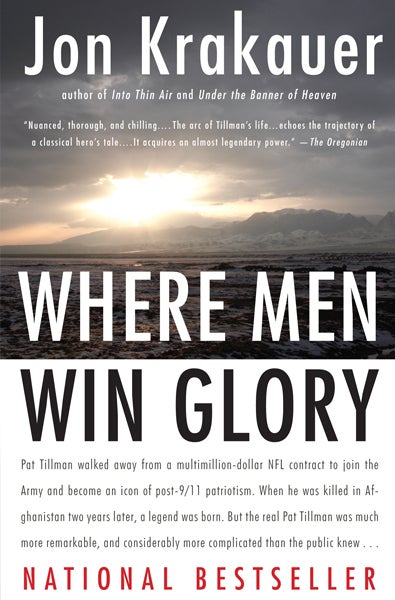Jon Krakauer is one of my favorite living authors. Whether he is writing an article about the fatal last ride of surfing legend Mark Foo or a book on the nefarious origins of the Mormon Church, I always enjoy the way Krakauer can turn non-fiction into a journey of discovery. I may not always agree with his final destination, but how he gets there is always captivating.
In Where Men Win Glory Krakauer explores the extraordinary life and tragic death by friendly fire of football player turned Army Ranger turned political pawn Pat Tilman.
The first half of this book was by far my favorite. Krakauer simultaneously introduces us to Pat Tilman while deftly weaving his story together with the modern history of the land where he would eventually meet his death, Afghanistan. Watching Tilman grow from child to young man to NFL star, fall in love with, remain faithful to during college and the NFL and marry his highschool sweetheart, and overcome personal and professional odds through sheer force of character gave me a deep sense of appreciation for this man. It also reminded me of the power of personal integrity, even in unbelievers.
Learning about the modern history of Afghanistan was also enlightening. In short...what a mess! A mess in which the United States has been involved in long before 9/11.
The book hits a speed bump in the mid-section. Here I felt that at times Krakauer weakened his case of a government coverup (which the facts clearly point to without any embelishing needed) by trying too hard to paint all military senior officers and government leaders as corrupt. Particularly unhelpful was his chapter in which he discusses the questionable results of the 2000 election, in which Bush came out victorious. Krakuer ended this seemingly out of place section by writing, "...thus did Bush become the forty-third president of the United States, a turn of events that would have no small impact on the life of Pat Tilman." He goes on to imply that the Bush administration knew about an imminent threat from Al-Qaeda but turned a blind eye to warning signs...something Krakaer apparently believes Al Gore wouldn't have done. This section sounds particularly foolish in light of the fact that Krakauer had previously so skillfully shown that the conflict with Al-Qaeda was a storm that had been brewing since at least the 80's and was inevitable. In addition, while most of the narrative about Tilman's life comes from primary sources such as his family, his journals, and interviews, the sections on the Bush administration rely almost exclusively on books written about the Bush administration by other, often biased authors. Of course things would have been different in Pat Tilman's life (and many others) if Bush had not been president, but to conjecture what those differences would have been is futile.
Portions of this book were truly heartbreaking: the vivid account of Tilman's heroic death by fratricide, Pat's brother Kevin's - who was only yards away at the time of Pat's death - discovery that his big brother had just been killed, the pain that Tilman's loved ones experienced by losing such a dynamic part of their family, the betrayal they felt once the truth of a coverup became known, and the lack of integrity and accountability by some in Tilman's chain of command.
But by far the most heartbreaking aspect of Tilman's story from a Biblical perspective is his determined atheism and self-worship. He put his faith in no one but himself, and did some truly amazing and admirable things. However no matter how strong of a person he was, his strength could never overcome his greatest enemy -the slave master of sin. And thus he passed from this world an enemy of the enemy of sin - the One, True, Holy God. His lack of fear was admirable, but his lack of the Fear of the Lord was tragic:
"I've never feared death per se, or really given a **** what happens 'after'. I'll cross that bridge when I come to it. My concerns have to do with the 'now' and becoming the man I envision....I think I understand that religious faith which makes the holy brave and strong; my strength is just somewhere else - it's in myself....I do not fear what awaits me, though I'm equally confident that nothing awaits."
Where Men Win Glory is truly a classic account of a tragedy. A tragedy from every perspective.
 Although I know this book is a transcript of Tozer's sermons on I Peter, it still feels like someone walked up to him and said, "Hey Brother Toz, tell me what you think of this random verse in I Peter and I will livestream your thoughts into this book".
Although I know this book is a transcript of Tozer's sermons on I Peter, it still feels like someone walked up to him and said, "Hey Brother Toz, tell me what you think of this random verse in I Peter and I will livestream your thoughts into this book".
 I found myself referring to this commentary enough during our
I found myself referring to this commentary enough during our 




 What does our culture need today? Here's one answer:
What does our culture need today? Here's one answer: